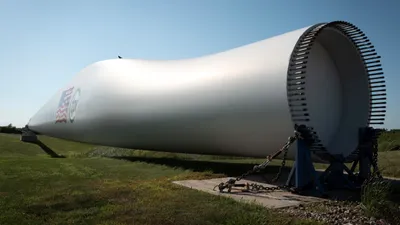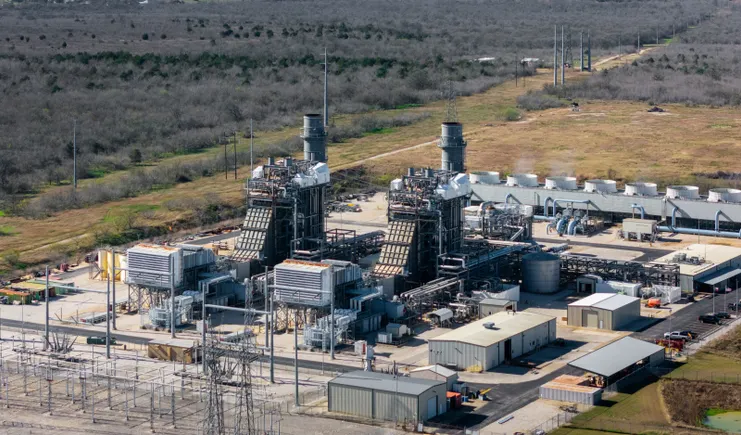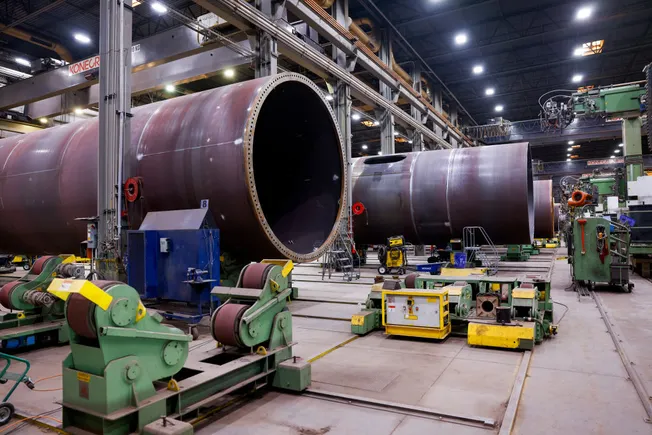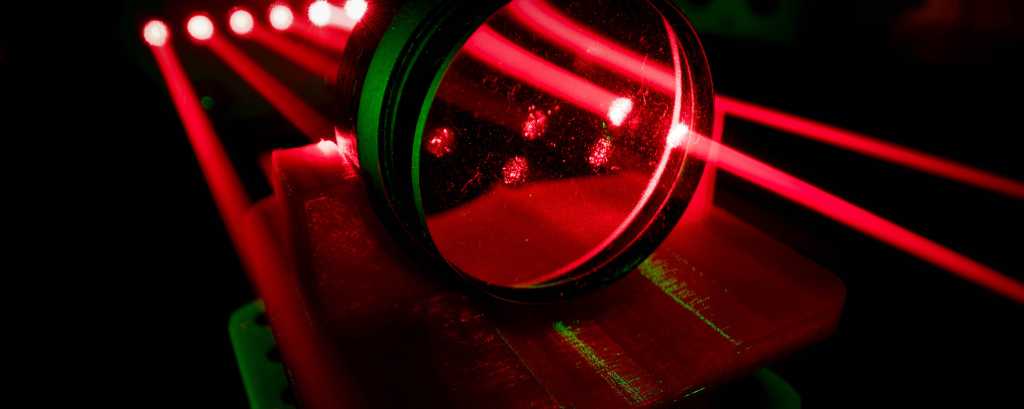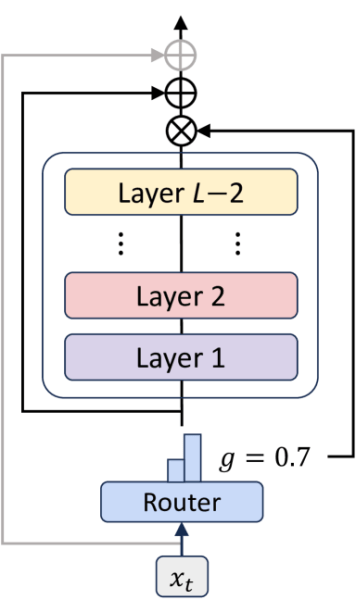The Federal Energy Regulatory Commission on Monday approved fast-track interconnection processes proposed by the Midcontinent Independent System Operator and the Southwest Power Pool. The two temporary processes, which are similar, aim to bring power supplies online quickly to meet near-term grid needs. In SPP, utilities and other “load responsible entities,” or LREs, will select potential projects for fast-track interconnection reviews. State utility commissions or other “relevant electric retail regulatory authorities,” or RERRA, would vet potential projects for being considered in MISO’s review process. Generally, state utility regulators supported the proposals. They were opposed by renewable energy companies and public interest groups which argued, in part, that they violated FERC’s principle of providing nondiscriminatory access to the grid. In its decisions on MISO’s Expedited Resource Addition Study process and SPP’s Expedited Resource Adequacy Study process, FERC rejected arguments that the plans violated the agency’s open access principles and that they discriminated against certain types of resources. FERC said, for example, that SPP’s proposal was resource, ownership and technology neutral, and applied the same eligibility criteria across all potential interconnection requests. “In this way, we find that SPP’s proposal ensures that all interconnection customers will have comparable ability to seek to participate in the ERAS process,” FERC said. The approved processes will allow planned resources that meet eligibility criteria to sidestep MISO’s and SPP’s standard interconnection queue reviews. Gas-fired power plants will likely be the main beneficiary of the fast-track processes, with standalone batteries also potentially being included in the fast-track reviews, according to ClearView Energy Partners. However, depending on the energy policy preferences of utility regulators and LREs, the fast-track processes could result in the selection of some renewable resources, particularly projects with onsite battery storage. ClearView, a research firm, said Tuesday. In May, the PJM Interconnection selected about 11.8 GW





